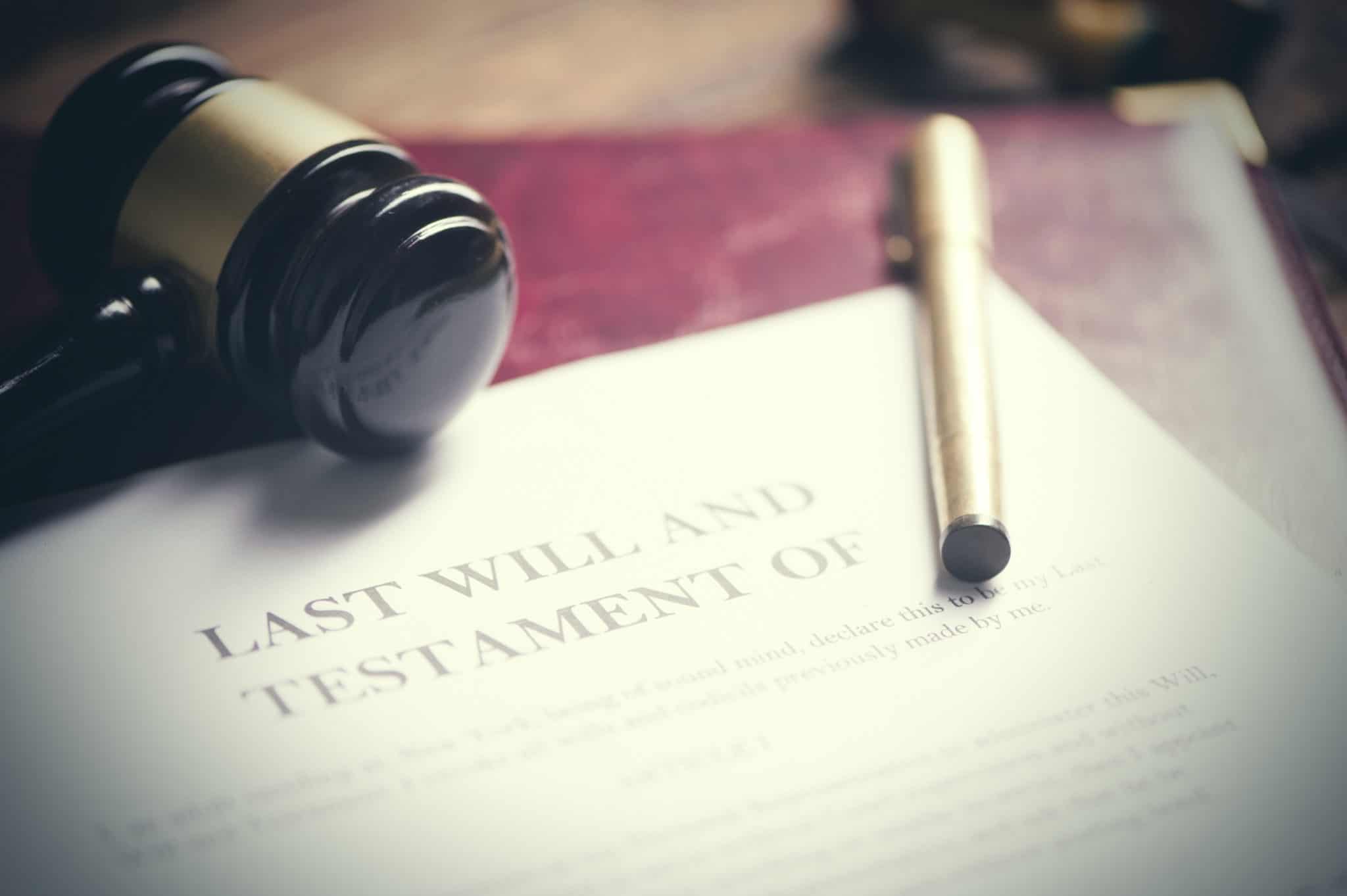
Table of Contents
During your lifetime, bankruptcy is one option for managing debt that’s spiraled out of control. But, what happens when a family member dies with a massive amount of debt and few assets? Can the executor file bankruptcy on behalf of the estate and wipe out those debts?
The short answer is no. However, if a bankruptcy case was already underway when the deceased passed away, the case may continue.
What Happens When a Bankruptcy Petitioner Dies
If the case hasn’t yet been filed, that’s the end of the road. But, if a Chapter 7 or Chapter 13 bankruptcy petition was filed while the deceased was alive, what happens next depends in part on the type of bankruptcy.
Chapter 7 Bankruptcy Generally Continues after the Death of the Petitioner
Rule 1016 of the Federal Rules of Bankruptcy Procedure spells out what happens to a case if the bankruptcy petitioner dies while the case is pending. The rule regarding Chapter 7 is straightforward, stating that:
Death or incompetency of the debtor shall not abate a liquidation case under chapter 7 of the Code.
Rule 1016
In simple terms, that means a bankruptcy case isn’t terminated because the petitioner died–or because they became incompetent after filing.
Instead, the rule provides for the bankruptcy case to proceed as nearly as possible as it would have had the petitioner survived.
Why Complete a Chapter 7 Case after the Petitioner’s Death?
When a person dies, debt doesn’t just disappear. It’s true that family members–with a few exceptions–generally aren’t responsible for the deceased’s debts. But, a person’s estate is responsible for their debts.
That means that although creditors usually can’t come after family members directly to collect on those debts, they are entitled to be paid out of estate funds that would otherwise have gone to beneficiaries of the deceased’s will. If the deceased had a lot of debts and relatively few assets, the entire estate could be consumed with costs of administration, taxes, and repayment of debts.
If a Chapter 7 case was underway and continues after the bankruptcy petitioner’s death, the bankruptcy discharge can eliminate many unsecured debts that would otherwise have been paid by the estate. Understandably, creditors may want to put an end to the Chapter 7 process so they can recover more from the estate. And, the case could still be dismissed for cause, just as it could have if the petitioner had survived. But, most Chapter 7 cases filed before death move forward to discharge, potentially protecting property for the heirs.
Can a Chapter 13 Case Continue after the Petitioner’s Death?
With a Chapter 13 case, the assessment is a bit different. In Chapter 7, the trustee identifies any non-exempt assets and liquidates them for distribution to creditors, and the trustee makes those distributions. The petitioner’s active participation is generally not required. So, most Chapter 7 cases can move forward almost exactly as they would have if the petitioner had lived.
While Rule 1016 clearly states that the Chapter 7 case is “not abated” by death, here’s what the rule says about Chapter 13:
…the case may be dismissed; or if further administration is possible and in the best interest of the parties, the case may proceed and be concluded in the same manner, so far as possible, as though the death or incompetency had not occurred.
Rule 1016
Of course, whether further administration is possible and is in the best interests of the parties is a determination to be made by the bankruptcy court. In some cases, the answer will be clear. For example, confirmation of a Chapter 13 plan depends on demonstrating that the petitioner has the resources to make payments across a three or five year repayment plan. If a plan hasn’t been confirmed, the case will likely be dismissed.
When a plan has been confirmed, what happens next depends on specifics such as how far along in the plan the bankruptcy petitioner was and what resources are available. The case might still be dismissed, or the executor might move to modify the plan based on the change in circumstances. In some cases, a court might even enter a hardship discharge, terminating payments and discharging remaining unsecured debt.

An expert tip from Erik
When a Chapter 13 case is pending, it’s especially important for the executor to work closely with the bankruptcy attorney, and to retain a bankruptcy attorney if the deceased was not represented. The outcome of the Chapter 13 case may depend on the executor presenting a workable solution to the court, whether through a petition to modify the Chapter 13 repayment plan, a motion for hardship discharge, or by converting the case to a Chapter 7.
Why Continue a Chapter 13 Case after the Petitioner Dies?
Every case is different, but one common reason to continue a Chapter 13 case after the petitioner’s death is to protect secured property. Imagine, for example, that the deceased owned a home, and had used the Chapter 13 case to hold off foreclosure. If the case is dismissed, the estate and/or person who is to inherit the home may be unable to catch up the past-due mortgage debt quickly enough to prevent foreclosure. Continuing the Chapter 13 plan would protect the property while the remaining arrearage was paid off through the plan.
An experienced Los Angeles Chapter 13 bankruptcy attorney is the best source of information about the options after a bankruptcy petitioner passes away, and about the pros and cons of each possible path. Get in touch with us today for a free consultation if you aren’t sure which route to take.
